
- Home
- Trend
- Weight Loss Strategies
- Acne Tips
- Hair Health Information
- Blemish Removal Tips
- Acne Scar Removal Tips
- Muscle Building Techniques
- Intimate Care Tips
- Postpartum Intimate Care
- Eye Bags Wiki
- Tips for Face Slimming
- Secret of Permanent Hair Removal
- Breast Enlargement Tips
- Cure to Snoring
- Marionette Lines
- Skin-Tightening Secrets

免費體驗
S6 Body Sculpting Treatment
1 Minute Self-Registration
Date should not be before minimal date
As you start your weight loss journey, you're likely wondering what a diet plan can do for you. A well-structured plan can be a game-changer, helping you develop healthy habits and make sustainable lifestyle changes. By focusing on nutrient-dense foods and avoiding processed items, you'll set yourself up for success. But what does a balanced diet plan look like, and how can you create one that works for you? You're about to find out and with the right guidance, you'll be on your way to achieving your weight loss goals in no time.
1
Importance of diet plans for weight loss
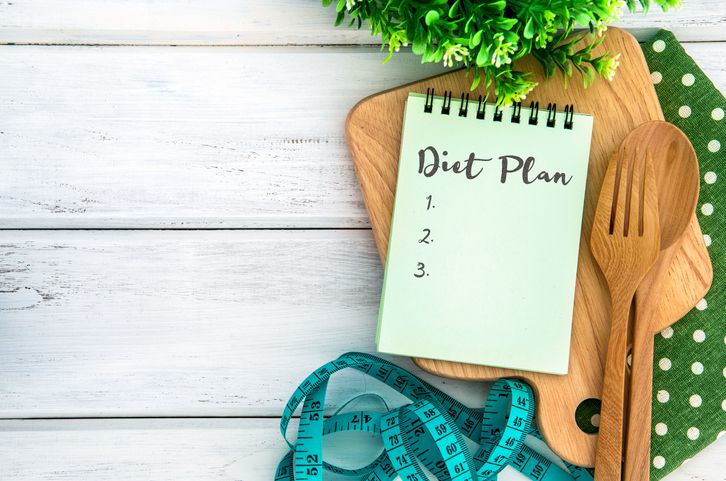

2
Importance of avoiding processed foods and high-calorie items
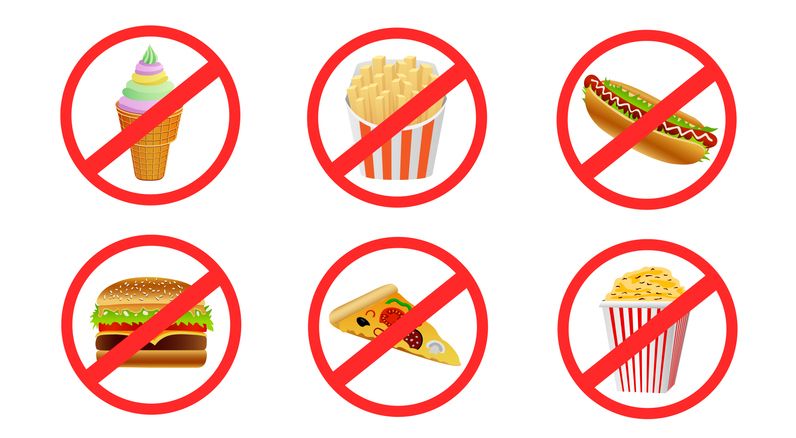
- Is Your DNA Holding You Back from Weight Loss? Discover How Genetics Play a Crucial Role in Body Fat and Metabolism
- Probiotic Weight Loss: 5 Key Benefits + A Formula That Doubles The Effect
- The Burpee Workout Guide: Full-Body Fat Burn In Just 10 Minutes A Day!
- You Should Do These 10 Best Back Workouts for a Slim, Toned, Strong Back
3
Calorie deficit and its role in weight loss
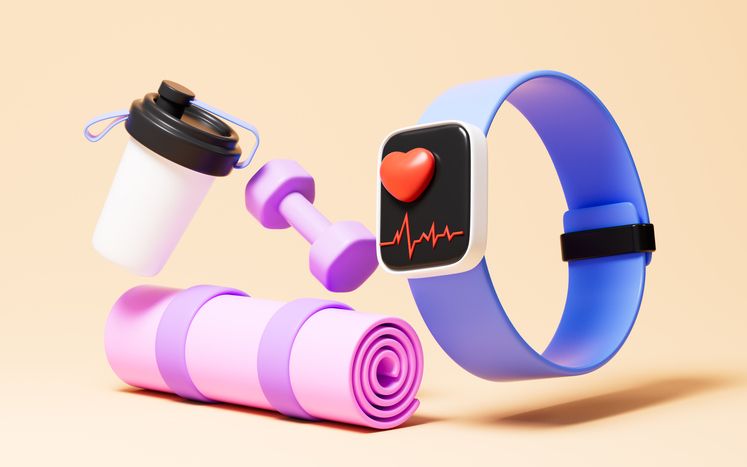

4
Overview of macronutrients: proteins, carbohydrates, and fats
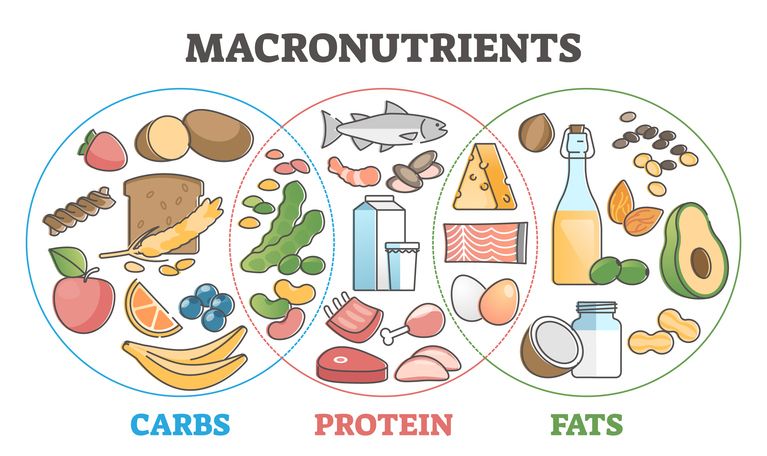
免費體驗
S6 Body Sculpting Treatment
1 Minute Self-Registration
Date should not be before minimal date
5
Popular Healthy Eating Diet Plans for Weight Loss
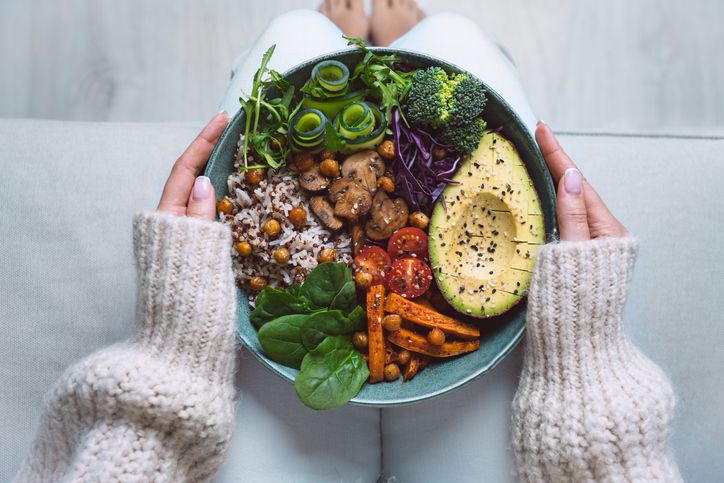
Plant-Based Diet
Low-Carb Diet
High-Protein Diet
Mediterranean Diet
DASH Diet
Paleo Diet
Intermittent Fasting
WW (Weight Watchers)

6
Day-Wise Diet Plan Examples
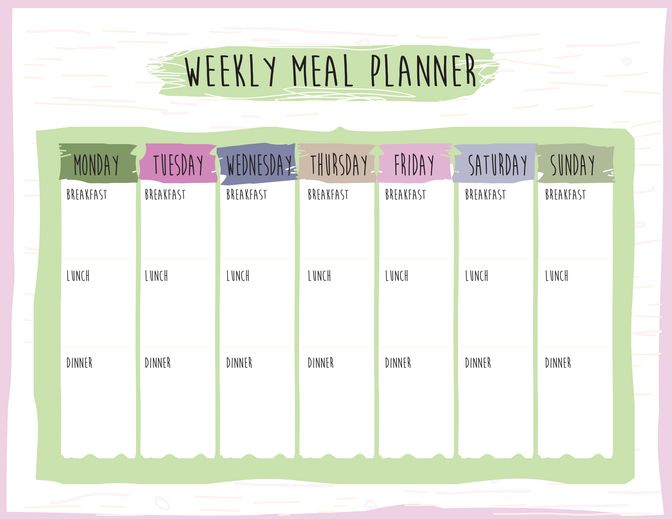
Day 1: Sample meals and snacks
Day 2: Sample meals and snacks
Day 3: Sample meals and snacks
Day 4: Sample meals and snacks
Day 5: Sample meals and snacks
Day 6: Sample meals and snacks
Day 7: Sample meals and snacks
- Fruit Detox Water: 3 Nutritionist-Recommended Recipes
- Experiencing Bigger Butt And Lower Body? Here's How to Reduce Hip Fat Through Diet and Exercise!
- Top 10 Weight Loss Surgery Options Explained – Science, Benefits and Risks
- 5 Steps for Muscle Gain from Zero — With Sample Meal Plan & Common Gym Myths Debunked
7
S6 Body Sculpting Treatment: Achieve Your Ideal Shape Quickly and Safely!


8
Creating Your Personalized Weight Loss Meal Plan
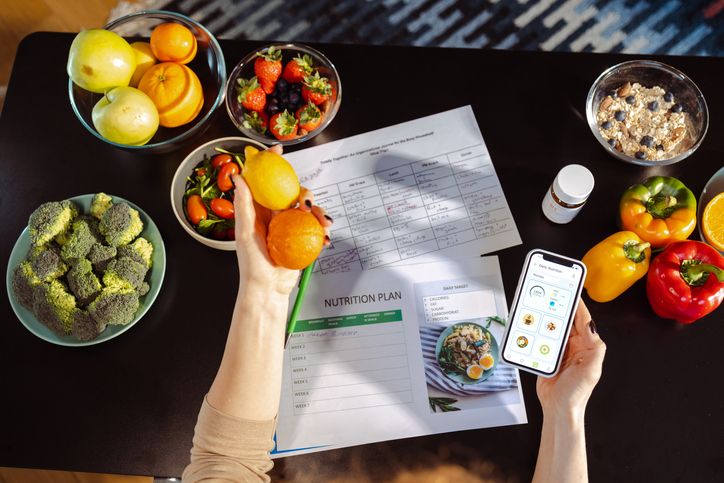
Setting realistic goals
Determining daily caloric needs
Choosing the right foods based on personal preferences and dietary restrictions
免費體驗
S6 Body Sculpting Treatment
1 Minute Self-Registration
Date should not be before minimal date
9
Tips for Sticking to Your Diet Plan

Importance of meal prep and batch cooking
Healthy substitutions for common cravings
Strategies for managing hunger and preventing overeating

10
Common Pitfalls to Avoid
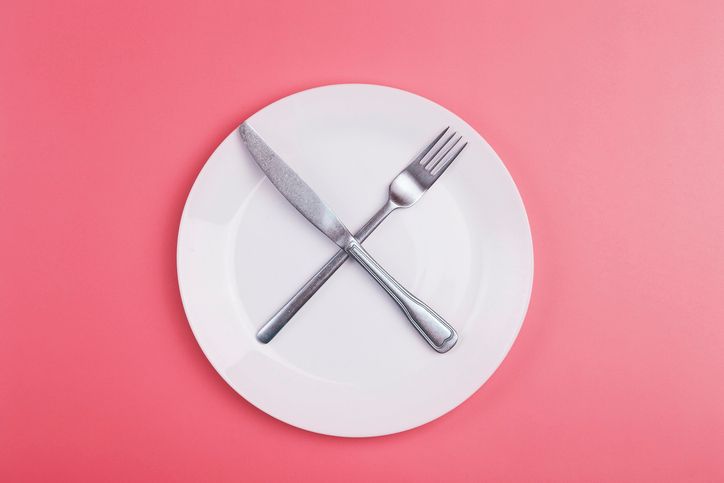
Skipping meals and its impact on metabolism
Overeating "healthy" foods and portion control
Importance of staying hydrated
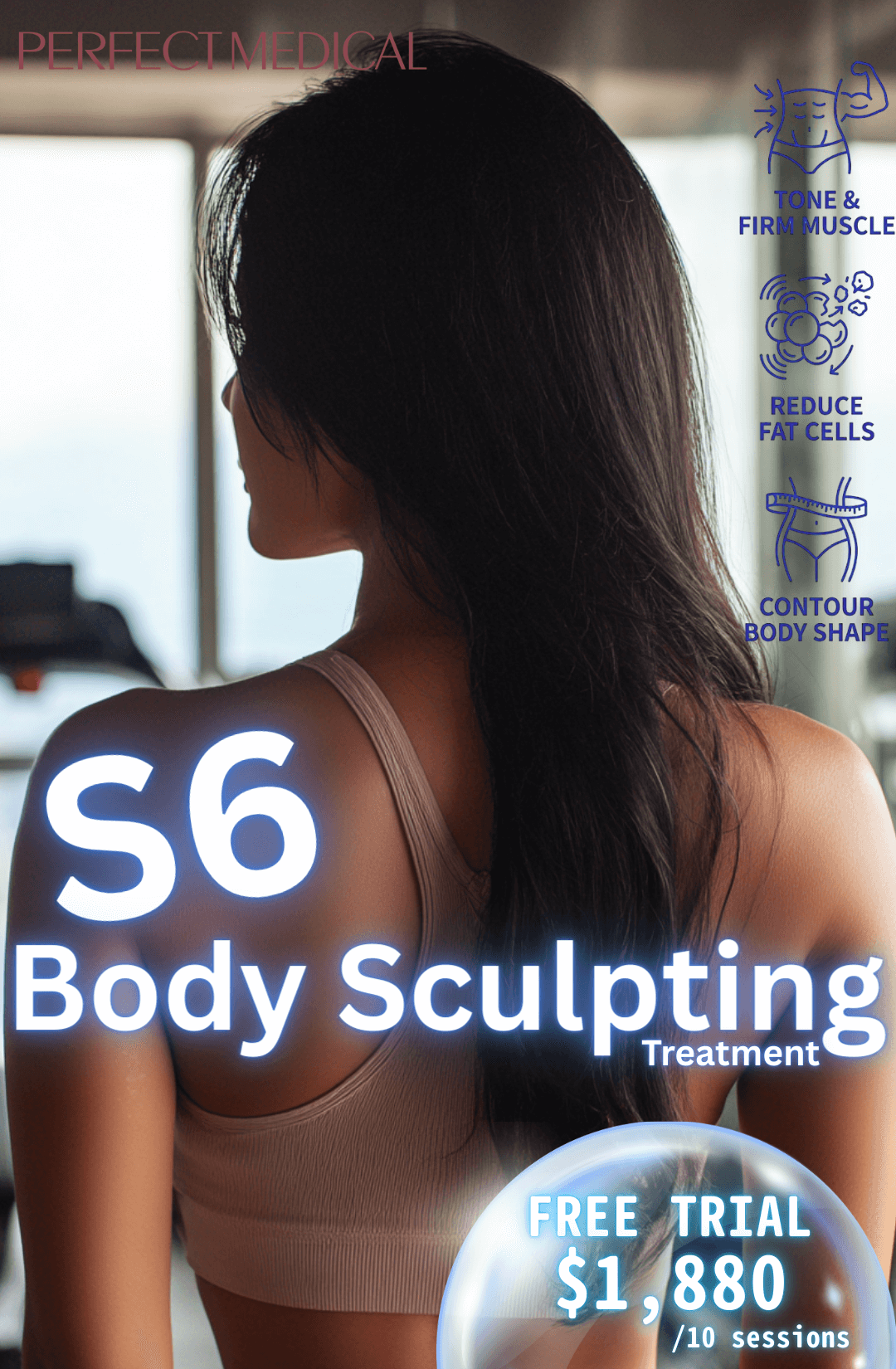
免費體驗
S6 Body Sculpting Treatment
1 Minute Self-Registration
Date should not be before minimal date
FAQ

What are some common pitfalls to avoid when on a weight loss diet?
Common pitfalls include skipping meals, overindulging in healthy foods, not drinking enough water, and giving in to cravings without healthier substitutions. It's essential to stay mindful of portion sizes and maintain a balanced, nutrient-rich diet.
Can I drink alcohol while trying to lose weight?
Yes, but moderation is key. Alcohol is high in empty calories and can lower inhibitions, leading to overeating. If you choose to drink, opt for lower-calorie options like light beer or wine, and limit your intake to avoid disrupting your weight loss efforts.
How do I stay motivated to follow a diet plan?
Set realistic goals, track your progress, and celebrate small milestones. Finding a support system, whether friends, family, or online communities, can also help maintain motivation. Remembering the long-term health benefits and focusing on how good you feel can keep you on track.
How do I handle social situations while on a diet?
Plan ahead by eating a healthy snack before events to avoid overeating. Choose healthier options available, control portions, and drink water. Inform your friends and family about your goals for support and accountability. It’s okay to indulge occasionally, but balance it with healthier choices.
What should I do if I hit a weight loss plateau?
Reassess your diet and exercise routine. Sometimes, increasing physical activity, adjusting your calorie intake, or varying your workout can help overcome a plateau. Ensure you're not underestimating calories consumed and consider consulting a nutritionist or fitness expert for personalized advice.








